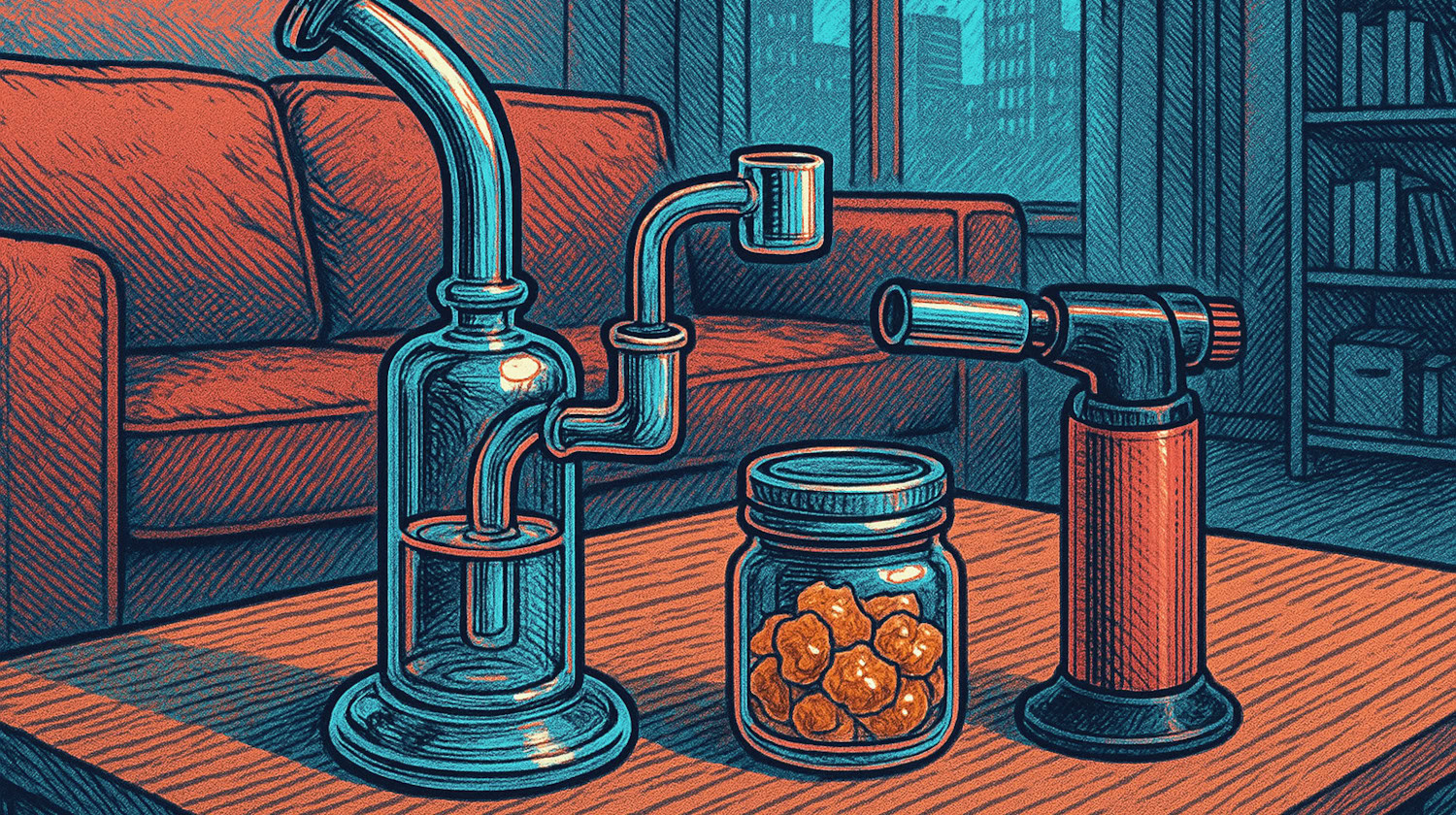In an absolute nail-biter, Texas Governor Greg Abbott signed a landmark bill massively expanding Texas’s limited medical cannabis program. For cannabis patients throughout the state (both official and ‘under the radar’), this is a huge breakthrough in access, treatment options, and program growth.
The United States’ four most populous states, New York, California, Florida, and Texas, now have fully functional medical marijuana programs. Only a bare fraction of US citizens in holdout states like Idaho and Tennessee are still being denied access to cannabis as medicine.
Key Improvements in Texas’s Program
These changes aren’t effective until September 1, and regulations must still be written, but here’s a basic rundown of improvements that Governor Abbott signed into law.
Expanded Qualifying Conditions
The new law now grants program access to patients with chronic pain, traumatic brain injury (TBI), Crohn’s disease, and other inflammatory bowel diseases (IBD). A previous version of the bill left out Crohn’s and IBD, but legislators said it was left out due to error and the conditions were added to the bill again before it was sent to Governor Abbott’s desk.
Patients in hospice and on palliative care can also access the program now.
More Medication Methods (Including Inhalation)
Beyond the oils, capsules, and tinctures originally available with the program, patients will be allowed to use patches, lotions, suppositories, inhalers, and vaporizers, allowing for more individualized options and fast-acting treatment with inhalants.
This has long been a point of contention as edible options take 30 to 90 minutes to work, are stronger than inhalants, and take hours to wear off, often leaving new patients unprepared for the powerful effects. Vaporizers are fast acting (5 to 10 minutes), more easily titrated for maximum relief without overwhelming the patient, and wear off faster.
Unfortunately, only vaporizers are allowed at this time, not flower. This means patients will need to become accustomed to highly potent dab pens rather than being given the option of vaporizing less potent flower. But this is still a much-needed improvement.
More Dispensaries and Convenience for Patients
The dispensary license cap was raised from 3 to 15 dispensaries, adding 12 more options for patients to choose from. Additionally, these 15 dispensaries can now open satellite locations throughout the state without applying for additional licensing.
Patient registrations will be good for one year, and doctors will be able to prescribe a 90-day supply with four refills to ease red tape.
THC limits will be increased to 1 gram per packages, with 10mg (or less) doses as the standard option.
A Few Areas for Improvement
Legislators originally wanted to allow DSHS to add new conditions to the program, but this was stricken. Instead, physicians must petition the state to add new conditions, a process that can take a year or more.
The vast majority of patients, however, may qualify under chronic pain.
It was also proposed to allow veterans to use cannabis for any condition, but this amendment was cut from the final bill.
The Bottom Line
This was a massive win for patients. Even more surprisingly, Governor Abbot vetoed the legislature’s proposed industrial hemp ban, leaving treatment options open for those few patients who can’t qualify under the new broad qualifying conditions.
We want to congratulate Governor Abbott for his compassionate decision. Patients throughout the state will now be able to openly discuss their cannabis treatment options with their physicians without fear.
Keep up with Texas cannabis laws and regulations, and sign up for NuggMD's Weekly Sesh newsletter for consumer stories, tips, and analyses on how changing regulations and resources may impact patients.
The information in this article and any included images or charts are for educational purposes only. This information is neither a substitute for, nor does it replace, professional legal advice or medical advice, diagnosis, or treatment. If you have any concerns or questions about laws, regulations, or your health, you should always consult with an attorney, physician or other licensed professional.




